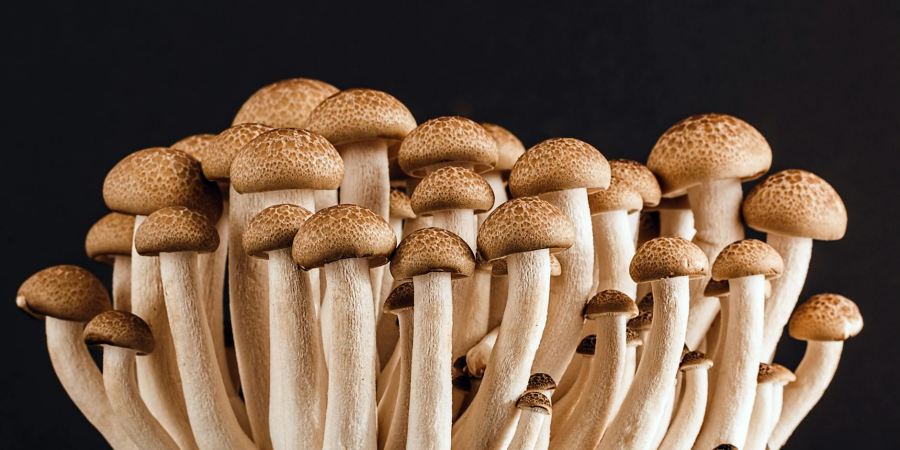

Mushrooms, often mistaken for vegetables, belong to the fungi kingdom, distinct from plants and animals. These fascinating organisms boast a wide array of species, each with unique characteristics and properties. Here are some intriguing facts about mushrooms:
1. Diverse Species: With over 10,000 known species, mushrooms come in various shapes, sizes, colors, and textures. They range from the tiny, microscopic fungi to the massive, conspicuous mushrooms like the giant puffball.
2. Nutritional Powerhouses: Mushrooms are low in calories and packed with essential nutrients. They are an excellent source of protein, fiber, vitamins (such as B vitamins and vitamin D when exposed to sunlight), and minerals like selenium, potassium, and copper.
3. Medicinal Benefits: Many mushrooms possess medicinal properties and have been used in traditional medicine for centuries. For example, reishi mushrooms are believed to boost the immune system, lion's mane mushrooms may improve cognitive function, and shiitake mushrooms are thought to have anti-inflammatory properties.
4. Environmental Role: Mushrooms play a vital role in ecosystems as decomposers. They break down organic matter, such as dead plants and trees, into nutrients that enrich the soil, facilitating the growth of new vegetation.
5. Mycorrhizal Relationships: Certain mushrooms form symbiotic relationships with plant roots in a mutually beneficial association called mycorrhiza. In this relationship, the fungus aids the plant in nutrient absorption while receiving sugars from the plant.
6. Culinary Delights: Mushrooms are a culinary staple worldwide, prized for their unique flavors and textures. They can be sautéed, grilled, roasted, or used fresh in salads, soups, stir-fries, and various dishes. Common edible varieties include button mushrooms, portobello mushrooms, and chanterelles.
7. Psychoactive Mushrooms: Some mushrooms contain psychoactive compounds, such as psilocybin and psilocin, which can induce altered states of consciousness when ingested. These mushrooms, often referred to as "magic mushrooms," have been used ceremonially and recreationally for centuries.
8. Bioluminescence: Certain mushrooms, such as the jack-o'-lantern mushroom, are bioluminescent, meaning they emit light. This phenomenon is believed to attract insects that aid in spore dispersal.
9. Commercial Cultivation: Due to their popularity and nutritional value, many mushroom species are commercially cultivated. Specialized techniques are employed to grow mushrooms indoors or outdoors, providing a reliable supply for consumers year-round.
10. Environmental Threats: Despite their ecological importance, many mushroom species face threats such as habitat loss, pollution, climate change, and overharvesting. Conservation efforts are crucial to preserving mushroom biodiversity and ecosystem health.
In summary, mushrooms are not only culinary delights but also fascinating organisms with significant ecological, medicinal, and cultural importance. Exploring their diversity and understanding their roles in nature can deepen our appreciation for these remarkable fungi.
